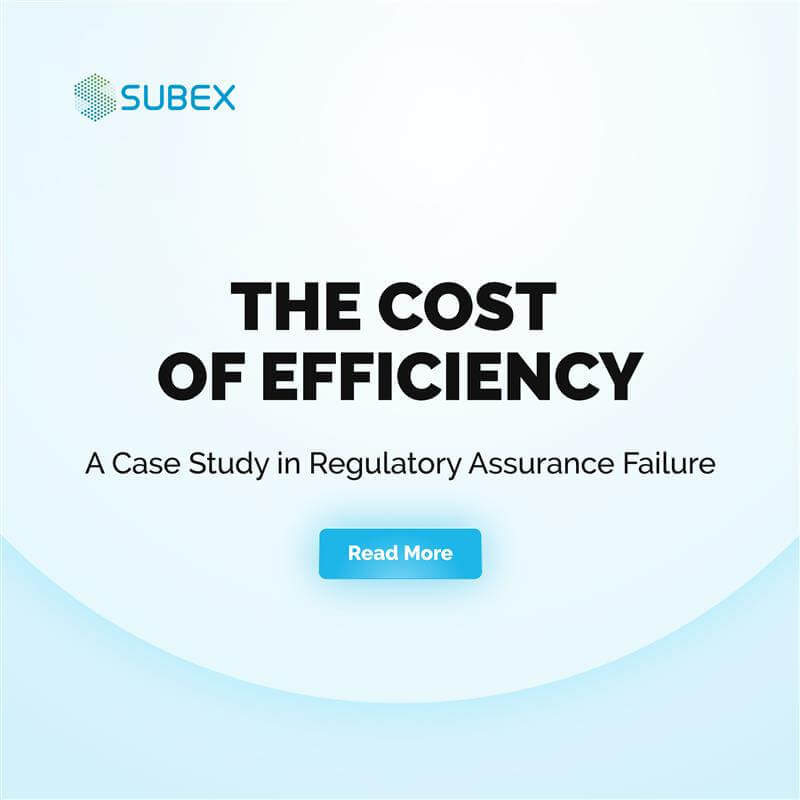South Korea Fines Apple Pay and KakaoPay for Privacy Violations: A Lesson in Governance and Trade-Offs

In a landmark ruling in January 2025, South Korea’s Personal Information Protection Commission (PIPC) imposed fines totaling ₩8.3 billion (approximately US$5.8 million) on Apple Pay and KakaoPay for breaching data privacy regulations. The violation stemmed from the use of the Non-Sufficient Funds (NSF) score – a fraud-prevention algorithm that inadvertently exposed sensitive user data to China’s Alipay without users’ consent or adequate regulatory oversight. While designed to enhance financial protections, the NSF system inadvertently triggered significant reputational and regulatory consequences, highlighting a critical governance failure.
NSF Scores and the Efficiency-Thoroughness Trade-Off
The NSF score, used by both Apple Pay and KakaoPay, sought to mitigate the risk of financial fraud by analyzing user data such as email addresses, phone numbers, and account balances. This tool exemplifies operational assurance, prioritizing efficiency by automating fraud detection processes and reducing financial vulnerabilities for both users and businesses. However, the reliance on daily data transfers to Alipay servers in China without explicit user consent or a Data Protection Impact Assessment (DPIA) reflected a glaring oversight in privacy compliance. This underscores the concept of the Efficiency-Thoroughness Trade-Off (ETTO), a principle introduced by safety expert Erik Hollnagel. ETTO posits that under critical constraints like time or resource limitations, organizations often prioritize efficiency at the expense of thoroughness, leading to unintended risks.
In the case of Apple Pay and KakaoPay, the emphasis on operational efficiency and automation failed to consider the broader implications of cross-border data sharing. The absence of thorough governance mechanisms and user transparency turned a well-intentioned fraud prevention measure into a source of regulatory penalties and public distrust. This failure highlights the need for organizations to achieve balance, making deliberate trade-offs between efficiency and thoroughness rather than defaulting to one at the expense of the other.
Regulatory Assurance: The Foundation of Responsible Data Use
Beyond operational assurance, regulatory assurance plays a crucial role in ensuring ethical data practices and legal compliance. In this instance, regulatory assurance was notably absent, with outdated privacy policies and governance structures failing to flag the risks associated with sending sensitive user information overseas. The result? A system optimized for fraud prevention at the cost of user trust and regulatory compliance. This aligns with the ETTO principle, where unchecked efficiency-driven decisions overshadow the slower, yet vital, work of compliance and governance.
The TM Forum Regulatory Assurance guidebook, introduced as a response to such systemic failures, offers a blueprint for telecom operators and digital service providers to navigate these challenges. The guide reframes regulatory assurance as a dynamic framework that bridges operational priorities with legal and ethical requirements. By integrating assurance practices across organizational ecosystems, the guide aims to make trade-offs visible, deliberate, and manageable. It’s a step forward in ensuring that efficiency does not come at the cost of compliance or innovation.
Lessons Learned: Building a Governance Framework for the Future
The Apple Pay and KakaoPay fines serve as a stark reminder of the risks that arise when efficiency overshadows thoroughness. The core issue wasn’t just data privacy oversights but a systemic failure to weigh the trade-offs between operational speed and regulatory integrity. Organizations need to ask critical questions such as “What are we trading away?” and “Who decides if the trade-off is worth it?” to avoid similar pitfalls in the future.
In an era dominated by AI, automation, and extensive data exchanges, trade-offs between speed and compliance are inevitable. However, these decisions must be governed by robust frameworks that ensure transparency, accountability, and ethical practices. The ETTO dynamic won’t disappear, but with the right governance mechanisms in place, organizations can manage it effectively, turning potential liabilities into sustainable innovation and trust-building opportunities.




